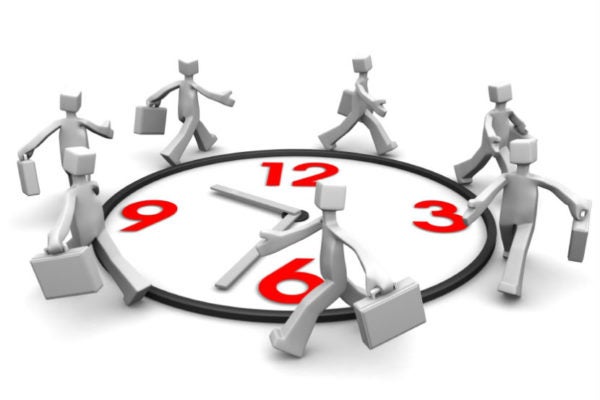Every spring, we set the clocks ahead an hour on a Sunday morning as we transition into daylight saving time, and many of us gripe about it. Apparently some Texas lawmakers don’t like it either.
The Texas Legislature is actively questioning daylight saving time this session. House Bill 49 would eliminate it.
The more we learn about the psychological impact of sleep, the less it makes sense to keep daylight saving time around.
Daylight saving time was popularized at the start of the 20th century as a way to make more use of daylight late in the day rather than sleeping through some of that daylight early in the morning.
In this era of electric lights, television and computer screens, our lives are controlled less by the cycle of the sun than by the clock. That leads people to wonder why we still bother changing the clocks twice a year.
Studies are consistent with most people’s experience of the time change. The extra hour of sleep in the fall is easier to adjust to than the lost hour in the spring. Our sleep-wake cycle is governed by a circadian rhythm that is slow to shift. We notice this most when flying across time zones and trying to adapt to the new time.
But, the shift to daylight saving time creates a version of jet lag in which there are several days in which people get less sleep and sleep less well. This change can be particularly difficult for families with pets that do not understand why they are suddenly being fed or walked at a different time.
Research on the impact of sleep deprivation demonstrates that the younger you are, the more the previous night’s sleep affects the next day. Children and teens are particularly vulnerable. Even an hour less sleep can make a child or teen more irritable. The lost sleep also disrupts their ability to study and to learn effectively. So, the school days after the spring time change are less efficient than the ones before the change.
For older people, the effects of poor sleep are longer-term. Middle-aged folks aren’t necessarily much more irritable or less effective cognitively when they have a night of bad sleep. But, the worse people’s overall pattern of sleep in middle age, the higher the risk they have of dementia and other cognitive problems in old age.
In general, the specific problems associated with the changes to and from daylight saving time are small and short-lived. Although a few studies have demonstrated an increase in traffic and workplace accidents on the “sleepy Monday” after the time change, the evidence for an increase in accidents is weak at best.
Given all this, why the fuss over daylight saving time?
The big reason is that people in the United States generally have poor sleep habits. For one thing, the circadian rhythms that govern many body functions (including the sleep-wake cycle) are influenced by the sun, but most people don’t get a lot of exposure to sunlight throughout the day, because of the amount of time we spend indoors.
Screen time also influences sleep. The light from screens can make it harder to sleep. More importantly, the stimulation from what people are watching and doing with those screens makes it hard for people to wind down and sleep.
On top of that, many people shift their schedules between weekdays and weekends, so that they stay up an hour or two later on weekend nights than they do on weekday nights. That creates the equivalent of a daylight saving shift each week.
In this context, daylight saving time creates one more factor that disrupts people’s ability to develop good routines around getting to sleep and staying asleep. Eliminating a factor that leads to poor sleep is a simple thing we can do to help people maintain better habits.
It would also send a message from the government to the people of Texas that good sleep is an important part of a healthy lifestyle. And in a state that prides itself on eliminating unnecessary regulations, this doesn’t seem like a decision our legislators would have to sleep on.
Art Markman is the Annabel Irion Worsham Centennial Professor of Psychology and Marketing at The University of Texas at Austin and director of the IC2 Institute. He is co-host of the podcast “Two Guys on Your Head.” His next book, “Bring Your Brain to Work,” will be published in June.
A version of this op-ed appeared in the Houston Chronicle, Waco Tribune Herald and the Abilene Reporter News.




